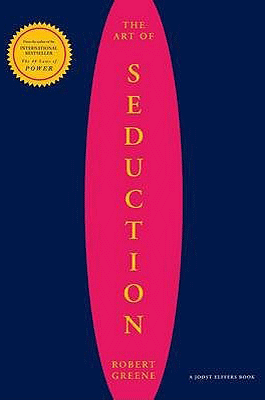Cui Bono
In the Machiavellian perspective, few events in public life are rarely what they seem to be. Power depends on appearances, on manipulating what the public sees. On seeming good, while doing what is necessary to gain and maintain power. Sometimes it is easy to see through the fog and pick out a political figure’s motives or intentions. Other times it is quite complicated–what is really going on, we ask ourselves?
In the new media environment, the ability to create fog and confusion has been greatly enhanced. Stories and rumors can be planted with virtually no source behind them. The story will spread virally. Before people begin to question the validity of story A their attention is distracted by something else, story B or C; in the meantime story A takes root in people’s minds in subtle ways. It is an added layer of uncertainty and doubt that makes it quite easy for the Karl Roves of the world to play all kinds of insinuation games.
To decipher events that seem hard to read, I sometimes rely on a strategy that comes from the Latin cui bono. It was first used in this context by Cicero and it literally translates, “for whose good, or benefit?” It means– when you are trying to figure out the motives behind some murky action, look to see whom it really benefits in the end, and then work backwards. Self¬-interest rules the world.
Take for instance the recent article of Robert Novak: in it, he claims that various sources have reported to him that people in the Clinton camp are sitting on scandalous information about Barack Obama. This story, merely a week old, is now half¬-forgotten, but it represents a scary trend. The actual scandalous information is not revealed nor even hinted at. Nor is the source. Everything is left vague and open, its veracity depending on the reputation of Mr. Novak himself.
And so we ask here, cui bono? Clearly we can rule out Hillary herself. The story only hurts her in the short and long run, feeding into suspicions about the Clintons and their sometimes dubious political maneuverings. It is almost impossible to believe that someone from within her camp would reveal this to Novak (or anyone else) unless this person was trying to sabotage the Clinton campaign (a possibility, but a slim one).
It certainly benefits Barack Obama, as it allows him to change the subject from his tepid performance in the last debate, and to focus attention on Hillary’s weakness–few people trust her. It allows Obama to play above the fray and point fingers at “politics as usual.” But it is hard to imagine this originating from the Obama camp, in some disguised form. If the stratagem were ever revealed as such, it would ruin his reputation. It would not be worth the risk, or the potential benefit of a temporary point to make. This is far too dangerous and complicated a maneuver to be believable.
Finally, there are interests within the Republican Party itself. By cui bono standards this is the one that makes the most sense. (Cui bono is always a calculation of probabilities, never of certainties.) The greatest fear among Republicans is that they have to face a candidate like Hillary, with a united and angry party behind her. They need to inflict some wounds on her before she becomes a candidate. The Democrats must be weakened from within.
Planting stories like this will hurt Hillary’s reputation. They will act like little pinpricks that over the course of the campaign start to inflict some damage. It might elevate Obama; in the process, if the race for the nomination became tight, the campaign could turn nasty. There is nothing like a nasty fight for the nomination that gives the opposing party fodder for the general election. It takes a Howard Dean to show the weaknesses of a John Kerry. If Obama wins the nomination, so much the better for the Republicans.
This story could be planted by a Republican and fed to Novak, with or without his knowledge. We will never know. It is the nature of such articles that they only feed uncertainty. And one side seems to benefit most from this uncertainty.







